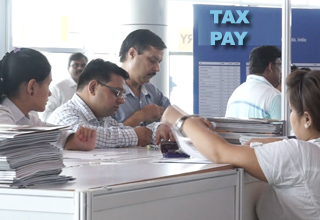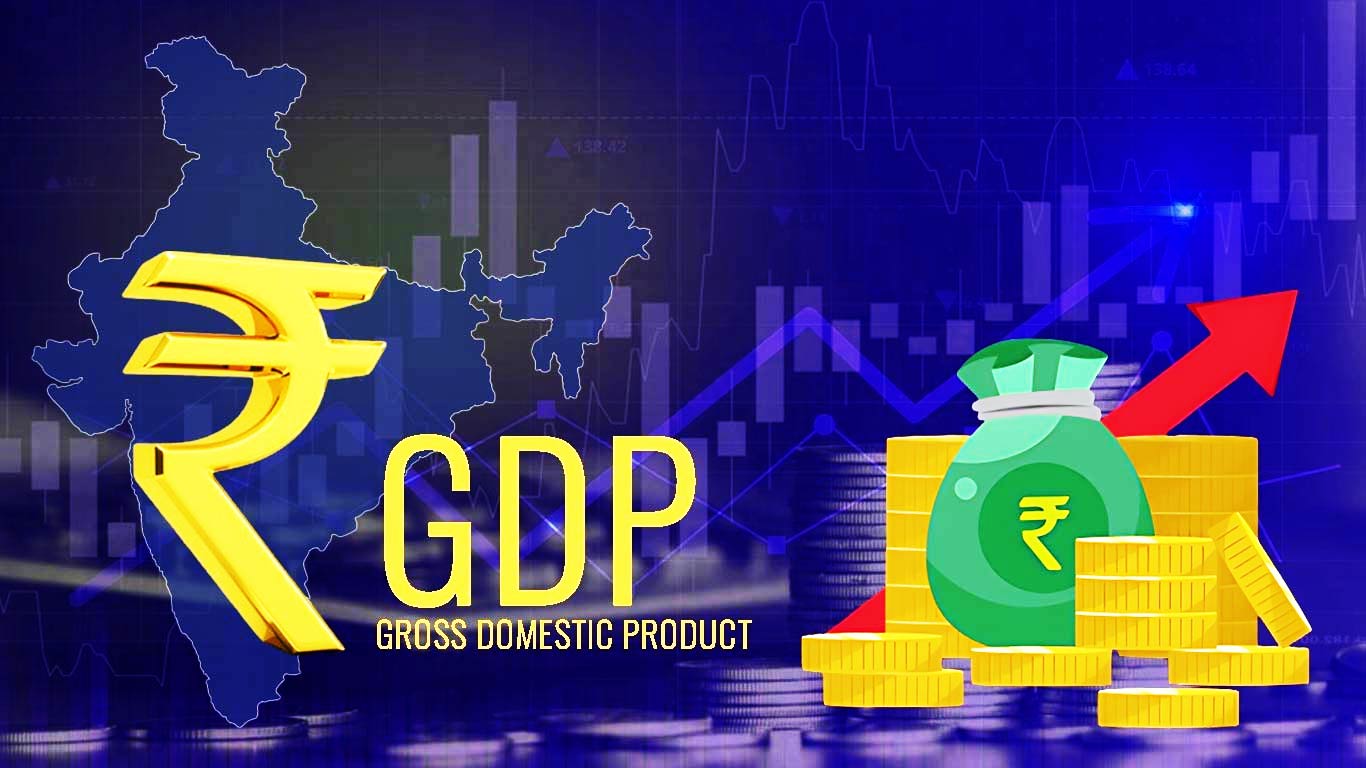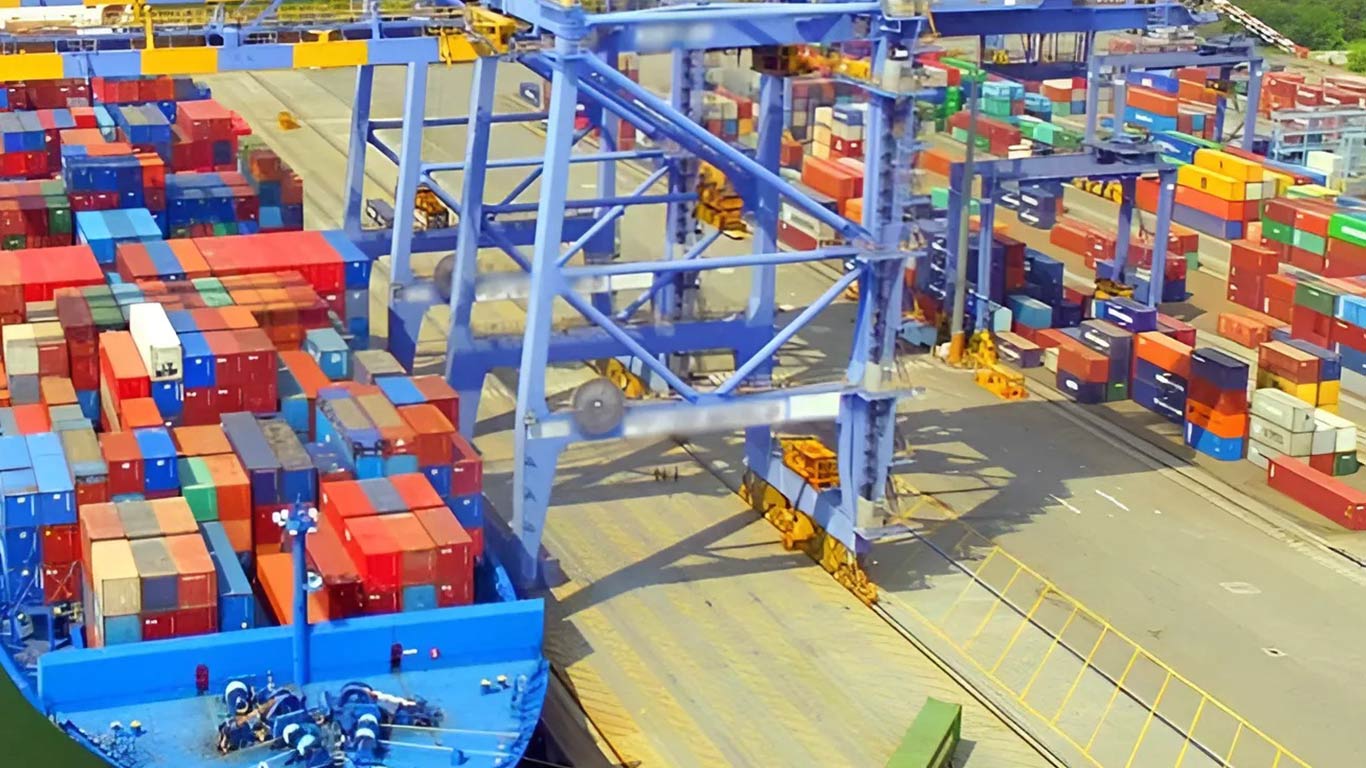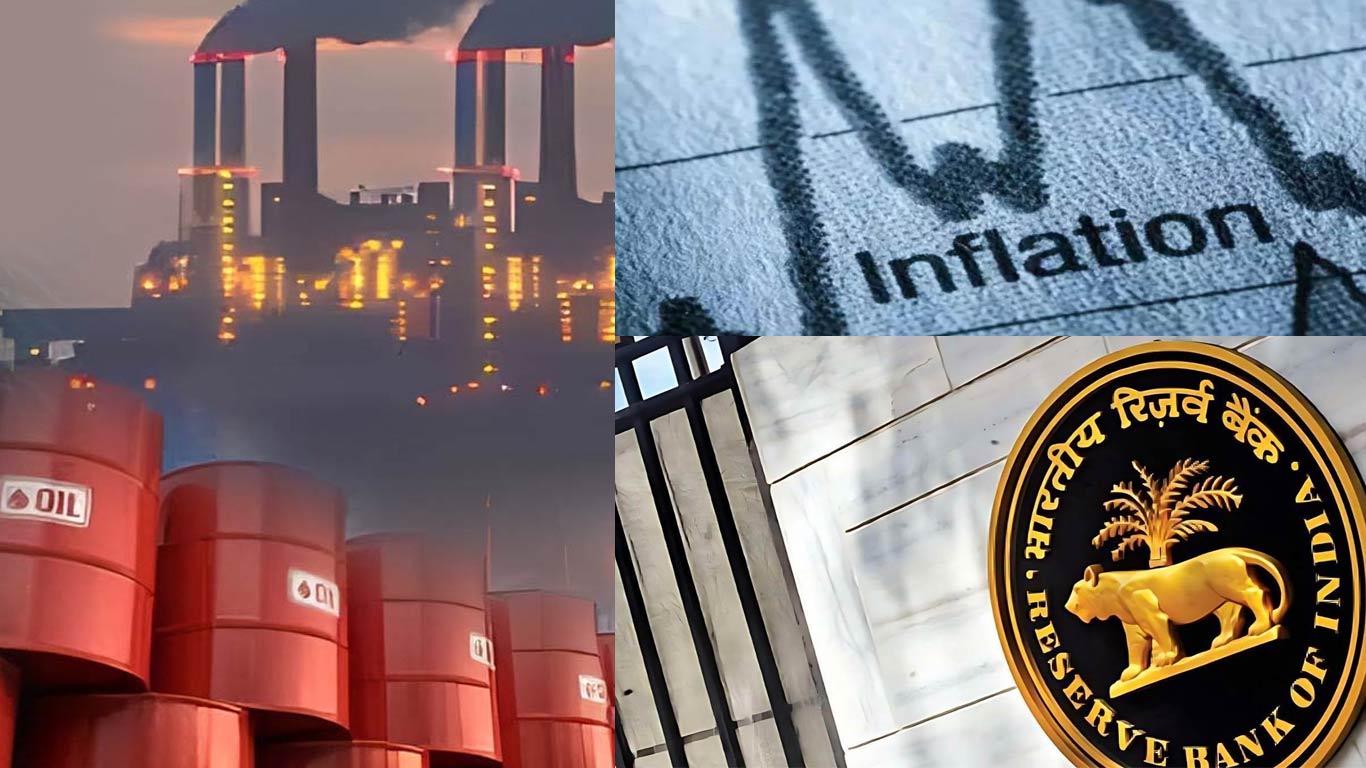Taxpayers want major relief from first budget of new govt, says survey
Updated: May 30, 2014 04:42:35pm

Rueing that the tax administration’s sole aim remains maximisation the collections from a small group of people, the survey of about 3,000 assesses noted that the policies and its administration are opaque while the refund process is fraught with complications, said Secretary General ASSOCHAM, D S Rawat while releasing the ASSOCHAM survey of taxpayers.
“The feedback suggests as if the government is unwilling to make refunds for various reasons”. Another finding was that very little effort was made towards widening the tax base and reducing the tax rates.
In the current scenario, continued hyperinflation has crippled household budget and affected household sector savings, said the major respondents.
The feedback asks the new government to review the standard deduction for the individuals. “The exemption limit should be adjusted at least for the inflation over the last five years and the rules for taxation of salaried employees should be reviewed in light of inflationary burden, high cost of housing, medical and education”, said majority of the respondents.
Besides, given the increased cost of medical and education at least Rs 1,00,000 per annum per individual should be made tax exempt under this head.
The minimum threshold limit should be determined based on the number of dependents for an individual. In a similar way, in view of enormous increase in the cost of housing properties, the limit of interest paid on home loans needs to be revised to Rs. 5 lakh. This would provide impetus to labour intensive housing sector as well, reveals the survey.
Generating high level of domestic savings in the present scenario calls for matching fiscal incentives. In fact, the tax rebate schemes under Section 80C was introduced by the Finance Act 2005 in the place of erstwhile Section 88. Particularly, the cap of Rs one lakh on amount deductible from total income under 80C is grossly considered to be inadequate under the prevailing macroeconomic scenario, majority of the taxpayers feel.
Similarly, the limit on premium paid on medical insurance u/s 80D was fixed in 1998-99 and fiscal incentives available to home loan availing households, payment of education fees etc. have not kept pace with the changed ground realities.
Reflecting the ground realities, rate of household savings has come down from 25.2 per cent in 2009-10 to 21.9 per cent in 2012-13. Realising this fall, encouraging domestic savings as an important driver of investment and growth has found place in the Election Manifesto 2014 of the newly elected political leadership. Though there exist some institutional and organizational difficulties on the path of achieving this objective, it has been often felt that the government should use tax policy to encourage domestic savings.
The survey was conducted in major places like Delhi-NCR, Mumbai, Kolkata, Chennai, Ahmedabad, Hyderabad, Pune, Chandigarh, Dehradun etc. About 300 income tax assesses were covered by the survey from each city on an average.
Around 55 per cent of the survey respondents fall under the age bracket of 25-29 years, followed by 30-39 years (26 per cent), 40-49 years (16 per cent), 50-59 years (2 per cent) and 60-65 years.
The survey was able to target employees from 18 broad sectors, with maximum share contributed by employees from IT/ITes sector (17 per cent). After IT/ITeS sector, contribution of the survey respondents from financial services is 11 per cent. Employees working in engineering and telecom sector contributed 9 per cent and 8 per cent respectively in the questionnaire.
Nearly 6 per cent of the employees belonged from market research/KPO and media background each.
Management, FMCG and Infrastructure sector employees share is 5 per cent each, in the total survey. Respondents from power and real estate sector contributed 4 per cent each. Employees from education and food and beverages sector provided a share of 3 per cent each. Advertising, manufacturing and textiles employees offered a share of 2 per cent each in the survey results. (KNN Bureau)











